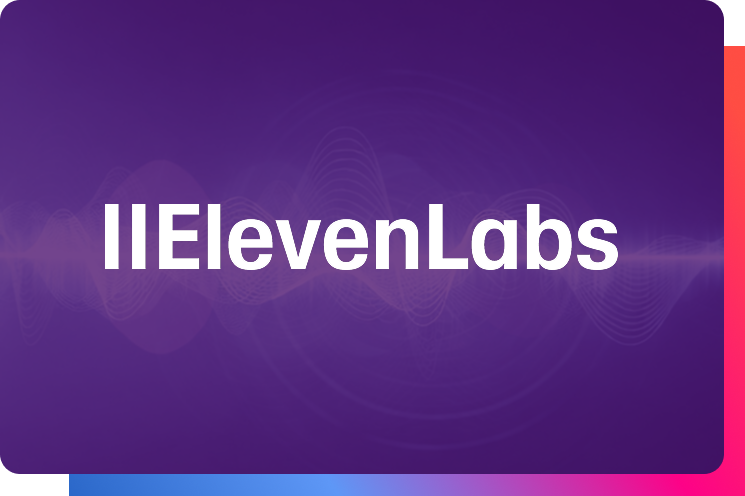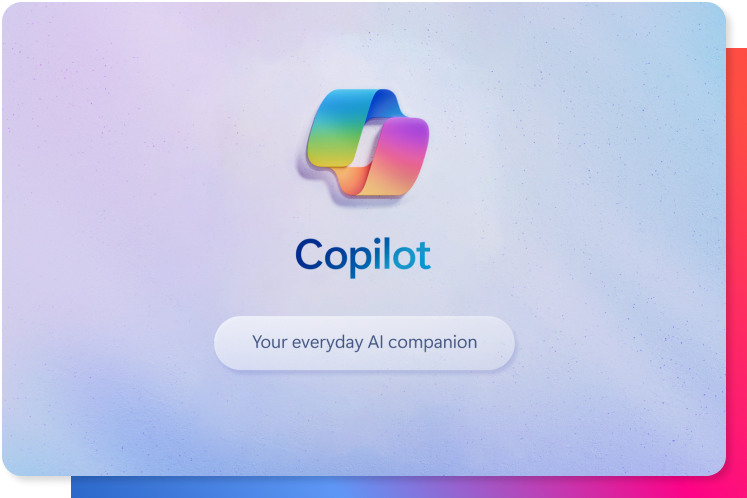Engagement Models
Building a modern data ecosystem for the auto parts industry: Proma’s case
“Now when we walk into a meeting, everyone’s looking at the same dashboard. We no longer debate the data, we focus on what actions to take.”
Sobre Proma Group
Proma is an auto parts group with operations in Córdoba that, as part of its digital transformation, set out to tackle a key challenge: unifying and strategically leveraging data scattered across multiple systems to improve efficiency, security, and real-time decision-making.
Challenge
Proma faced a situation common in the industry but critical to its operations:
Fragmented and scattered data
Information coming from different systems (RA-TRONIC, Wiidem, Excel, and Google Forms) was being managed in isolation and manually.
Dependence on Excel
The lack of integration forced teams to manually consolidate data, leading to errors, multiple versions, and a lack of trust in the information.
No single source of truth
Each department produced its own reports and metrics, which led to discussions about the validity of data during strategic meetings.
Security and access limitations
Permissions were managed inconsistently, putting the confidentiality of sensitive data at risk.
The result was an environment with low integrated visibility, high administrative workload, and strategic decisions based on unreliable data.
The Solution: A data warehouse in Azure
Together with Exomindset, Proma implemented an innovation project to radically transform data management through a modern cloud-based data warehousing architecture:
In just four months (1 month of discovery + 3 months of execution), the project moved from diagnosis to implementation with tangible results.
Impact:
The new platform enabled Proma to:








 Español
Español